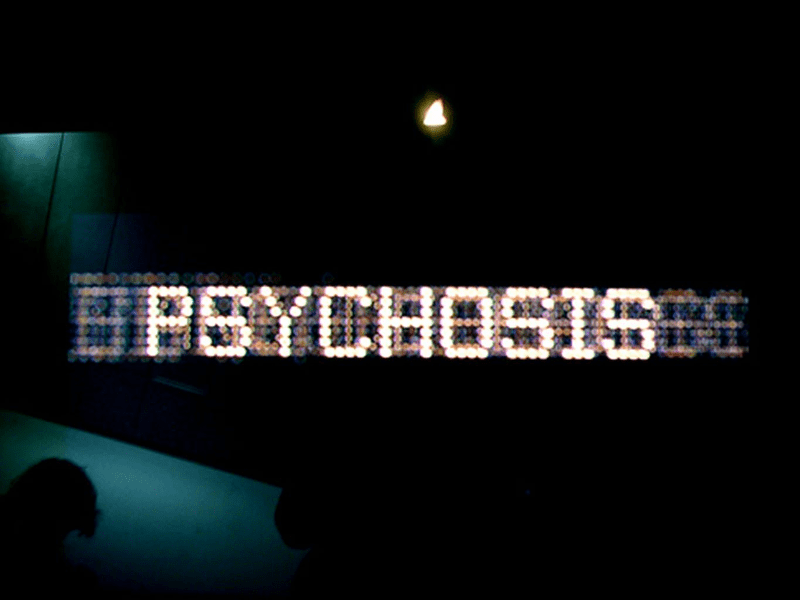The benefits of medicinal cannabis are numerous and far reaching. From pain relief and nausea to new research suggesting a firm link between cancer cell death and cannabis, it is becoming more evident that cannabis has a large role to play in medicine. A significant part of marijuana's efficacy is due to the numerous medicinal properties of cannabidiol (CBD), one of the cannabinoid compounds found within cannabis.
CBD is an analgesic and an anti-inflammatory, and it also happens to be non-psychoactive. As both attitudes and written laws change around marijuana, more and more research is coming to light that highlights its numerous medical benefits. One particular area of interest is in CBD as a potential anti-psychotic medication, especially for those suffering from schizophrenia.
How Mainstream Medicine Often Fails Patients
Although traditional medicines like Risperdol and Clozapine have found mainstream success managing the symptoms associated with schizophrenia, many bring with them a list of discomforting and even in some cases, debilitating side effects. A short list of the more common side effects of Abilify (aripiprazole), a popular atypical-antipsychotic medicine originally designed for patients with schizophrenia (and now prescribed for many mental/mood disorders), showcases just how many additional ways a patient can find discomfort through one of the only means of finding relief from his or her disorder:
- Difficulty with speaking
- Drooling
- Loss of balance control
- Muscle trembling, jerking, or stiffness
- Restlessness
- Shuffling walk
- Stiffness of the limbs
- Twisting movements of the body
- Uncontrolled movements, especially of the face, neck, and back
Patients must exercise additional caution when using these medications as some of the rare (meaning between 1 in 1,000 and 1 in 10,000 may encounter these negative aspects of the drug over their lifetime) side effects, despite their low prevalence, are extremely serious. A few short examples of the rare rare effects of Abilify are: sudden loss of consciousness, loss of bladder control, and convulsions. When we look back at the common side effects and consider that between 1 in 10 to 1 in 100 are expected to experience these unpleasant effects, the picture becomes even more clear.
How CBD Can Help Those Suffering From Psychosis
New research is now beginning to shine a spotlight on CBD as a potential alternative to anti-psychotic medication. “A Critical Review of the Anti-Psychotic Effects of Cannabidiol: 30 Years of a Translational Investigation,” published by Bentham Science Publishers in 2012, gives a detailed look into 24 complimentary studies that tested CBD as an anti-psychotic medication in animal and human patients.
The outcome of the review led researchers to conclude that “the results discussed above clearly indicate that CBD behaves in preclinical and clinical studies as an atypical anti-psychotic, improving psychotic-like symptoms in doses that do not impair motor function” and that “these results support the idea that CBD may be a future therapeutic option in psychosis, in general and in schizophrenia, in particular.”
Research like this is very motivating news for patients who still have only a few options when trying to find relief from their disorder, especially considering that CBD have shown repeatedly to have no proven side effects, other than fatigue in extreme cases.
Although a general consensus has not yet been reached on whether CBD has a future as a frontline option for patients suffering from a form of psychosis, the new attention reviews like this will give to CBD will hopefully spur new research into this potentially life-altering medication.
